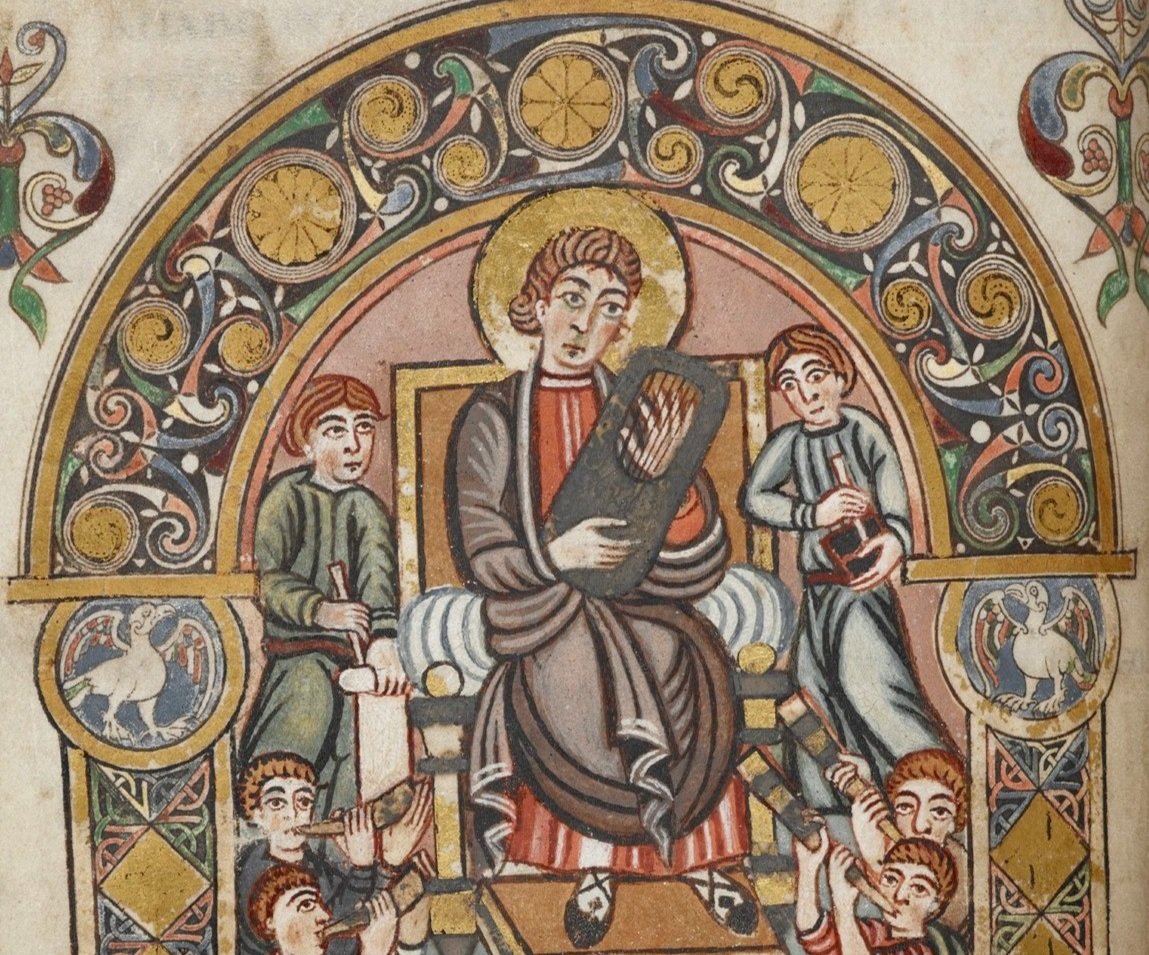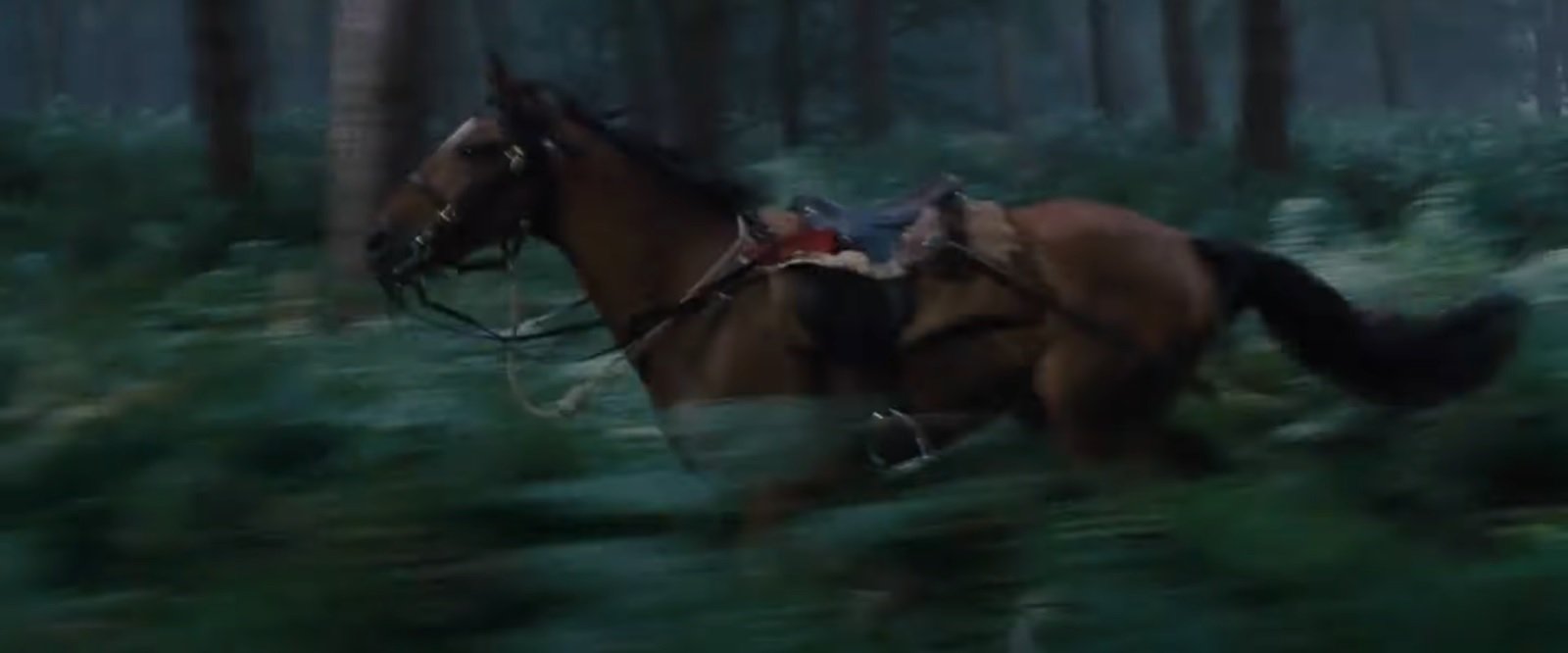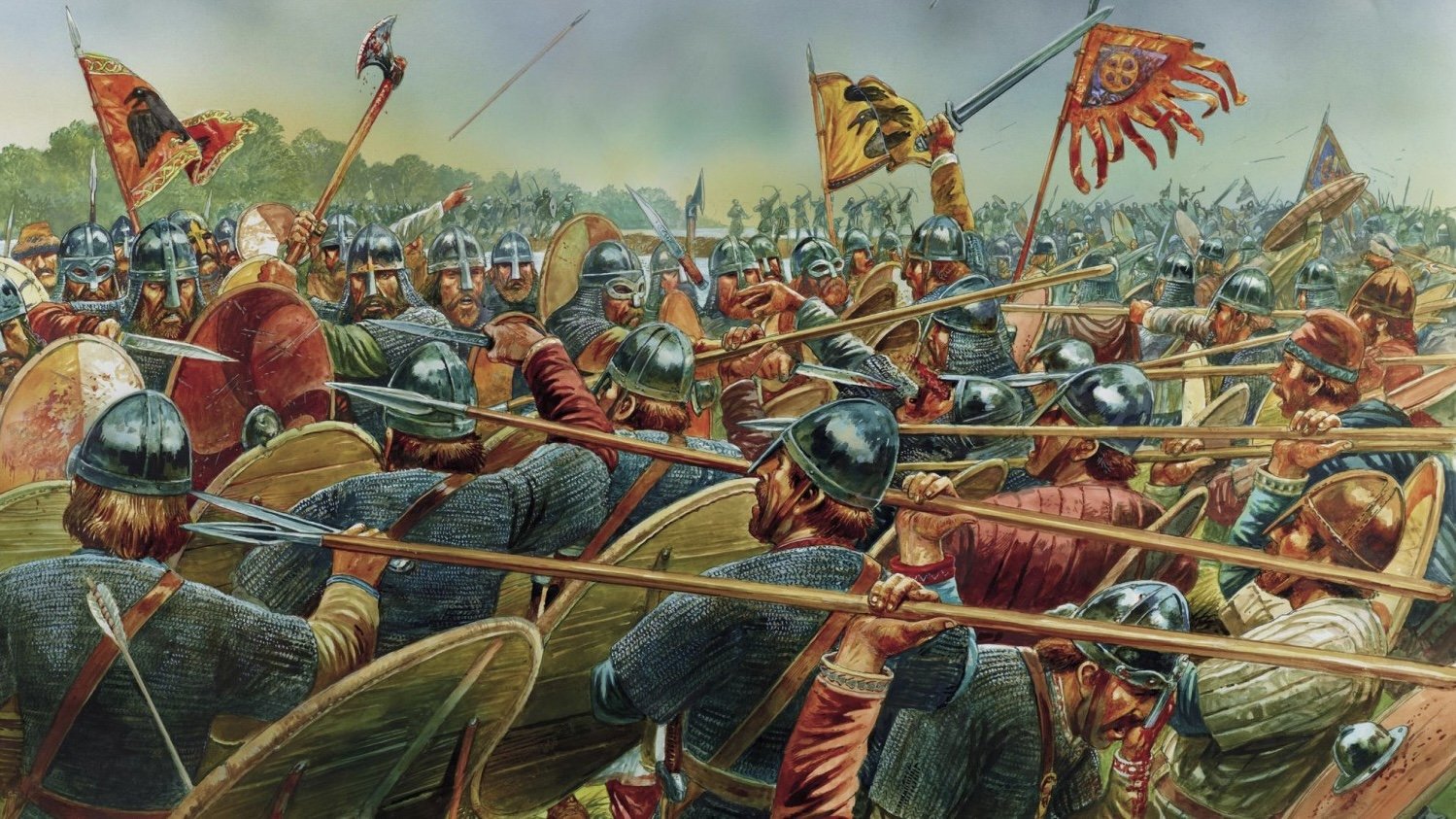Butler, Palmerston, and the soldiering menace
/Each week on Substack I publish a clerihew, my favorite form of light verse: a quatrain in AABB with intentionally awkward scansion and forced rhyme. The subject is always a person, whose name constitutes the first line. My clerihews usually concern historical figures. My subject last week was General Benjamin Butler.
The joke in the poem itself had to do with something tawdry that Butler, playing the part of the moneygrubbing Yankee to the hilt, supposedly did while dining at a wealthy lady’s home while in charge of the Union occupation of New Orleans. But in my brief historical note afterward I mentioned something for which he was infamous: General Order No. 28 of May 15, 1862, which reads:
As the officers and soldiers of the United States have been subject to repeated insults from the women (calling themselves ladies) of New Orleans in return for the most scrupulous non-interference and courtesy on our part, it is ordered that hereafter when any female shall by word, gesture, or movement insult or show contempt for any officer or soldier of the United States she shall be regarded and held liable to be treated as a woman of the town plying her avocation.
The women of occupied New Orleans had not welcomed the Union army or navy into the city and had shown repeated disrespect to them. One story has a lady emptying a chamber pot onto Admiral David Farragut. Cartoons depict them spitting at Union soldiers. One suspects simple snubs and insults were most widespread. But Butler could allow none of this to stand. In case it wasn’t clear, General Order No. 28 calls for any woman (he denies them the title “lady,” an obvious dig) disrespecting his troops to be considered and treated as a prostitute.
The reaction was predictable and swift. Here’s Confederate General PGT Beauregard, who issued a general order of his own in response, a straightforward appeal to gallantry and the protection of women’s honor:
Men of the South! shall our mothers, our wives, our daughters and our sisters, be thus outraged by the ruffianly* soldiers of the North, to whom is given the right to treat, at their pleasure, the ladies of the South as common harlots? Arouse friends, and drive back from our soil, those infamous invaders of our homes and disturbers of our family ties.
Political authorities weighed in as well. President Jefferson Davis condemned Butler. The Governor of Louisiana, Thomas Moore, published a longish open letter in which he echoed Beauregard, defended the women of New Orleans as reacting naturally to an invading foreign force, and, interestingly added force through historical argument:
The annals of warfare between civilized nations afford no similar instance of infamy to this order. It is thus proclaimed to the world that the exhibition of disgust or repulsiveness by the women of New Orleans to the hated invaders of their home and the slayers of their fathers, brothers, and husbands shall constitute a justification to a brutal soldiery for the indulgence of their lust. . . . History records instances of cities sacked and inhuman atrocities committed upon the women of a conquered town, but in no instance in modern times, at least without the brutal ravishers suffering condign punishment from the hands of their own commanders. It was reserved for a Federal general to invite his soldiers to the perpetration of outrages at the mention of which the blood recoils in horror.
Unable to penetrate deeper into Confederate territory or to break the spirit of civilian resistance, Moore suggests, Butler “sees the fruits of a victory he did not help to win eluding his grasp, and nothing left upon which to gloat his vengeance but unarmed men and helpless women.”
There’s a lot going on here, and more I could have quoted.
Over the years I’ve seen this incident downplayed as Confederate hysteria, with everything from “Lost Cause” mythology to “the patriarchy” playing a role. The short version: Southerners were ninnies upset about nothing, and anyway they deserved it. Sometimes the fact that Butler’s order did not result in a wave of rapes is adduced in support, but this is post facto justification. No one living through this could have known how it would turn out. The example of history gave them plenty to worry about.
And the historical dimension is what most piqued my interest. Reading up on Butler ahead of publishing that clerihew, I discovered in Library of America’s great four-volume set of primary source materials a British reaction to General Order No. 28. Here’s a note delivered by Lord Palmerston, then prime minister, to American ambassador Charles Adams (son of john Quincy, grandson of john) on June 11, 1862:
My dear sir,—I cannot refrain from taking the liberty of saying to you that it is difficult if not impossible to express adequately the disgust which must be excited in the mind of every honorable man by the general order of General Butler given in the inclosed extract from yesterday’s Times. Even when a town is taken by assault it is the practice of the Commander of the conquering army to protect to his utmost the inhabitants and especially the female part of them, and I will venture to say that no example can be found in the history of civilized nations till the publication of this order, of a general guilty in cold blood of so infamous an act as deliberately to hand over the female inhabitants of a conquered city to the unbridled licence of an unrestrained soldiery.
If the Federal Government chuses to be served by men capable of such revolting outrages, they must submit to abide by the deserved opinion which mankind will form of their conduct.
Adams asserted that he would not “recognize” Palmerston’s note—which was marked Confidential—“unless he was assured it was official.” Palmerston replied that it was, and publicly condemned Butler in a speech in the Commons. Adams, according to his secretary’s journal, “was much offended,” considering Palmerston’s note an “impudent” act of “insolence” and its arguments “sophistical.” Adams’s secretary, who viewed Adams as the winner of the tangle, thought Palmerston was projecting:
Knowing the brutality of his own officers and soldiers he readily imagined ours of the same stamp, and insolently presumed to lecture Mr. Adams on a thing which was not his business. His ill-manners were properly rebuked. American soldiers, he will find out, are not beasts, tho’ English soldiers are; and he will also learn that it is only a debased mind that would construe Gen’l Butler’s order as he has done.
If there is anything “sophistical” in this exchange, it is this. The explicit insult and implicit threat in General Order No. 28 were clear, hence the outrage. This is perhaps the first move in the long game of pooh-poohing the outrage at Butler.
At any rate, the women of New Orleans, Southerners generally, and foreign observers like Lord Palmerston knew what was up. So did Lincoln. Whether out of principle, canny strategic considerations, or for reasons of pure PR, Lincoln removed Butler from command in New Orleans in December 1862.
I was struck by the similarity of Palmerston’s appeal to that of Moore. Both correctly observe the dangers of a population of soldiers toward civilians in an occupied area. Both correctly observe that part of the long, slow evolution toward an ideal of “civilized” warfare involved the responsibility of leadership to protect civilians, even enemy civilians, and “even when a town is taken by assault,” which in the ancient world and much of the Middle Ages was understood to give the victor carte blanche to loot and rape.
Here’s something I’ve had to work hard to make my students understand given our “thank you for your service” culture of trust and admiration for soldiers: historically, soldiers were a menace. Even your own soldiers. (Perhaps especially your own soldiers, since if all was going well you would never see the enemy.) Discipline, martial law, flogging and the firing squad, and the inculcation of chivalrous ideals were partial solutions to the threat posed by large bodies of bored, strong, regularly paid young men to the civilian population, but only partial solutions. And these crumbled following the French Revolution which, as David Bell makes clear in The First Total War, rejected limited “civilized” warfare as an irrational fiction and embraced ruthless pragmatic brutality.
So, what to make of all this? Far from hysteria or Lost Cause mythologizing, the outrage was justifiable and the concern real. To pretend otherwise is partisanship.** Palmerston knew his history, and how thin and artificial the barrier between civilization and barbarism is. Adams imagined Union soldiers to have transcended history. One of these men is, at best, a deluded optimist.
A few years ago, quoting the Oxford History of Modern War, I wrote about the Civil War as a psychological conflict. Butler’s General Order No. 28 is a good example of what this looked like before the “frankly terrorist” campaigns of Sherman and others, campaigns that had more than a little of Jacobin total war in them. In addition to military victory, Butler needed to crush the enemy psychologically. Nothing short of abject subjugation would do, which is why Butler became a darling of the punitively-minded Radical Republicans. No “hearts and minds” here. In that way it’s of a piece with other nationalist wars.
* Appropriately, ruffian comes into English from Italian, in which it means “pimp.” Dante uses it in Inferno XVIII, the circle of panderers and seducers. Moore plays on the same theme when he writes that Butler can “add to infamy already well merited these crowning titles of a panderer to lust and a desecrator of virtue.”
** As a measure of the extent to which these events are still subject to purely partisan interpretation, why do we hear so much about the Southern desire to protect women being “misogyny” and “patriarchy,” but not Butler’s expressed intention to treat Southern women as prostitutes out of political spite?















